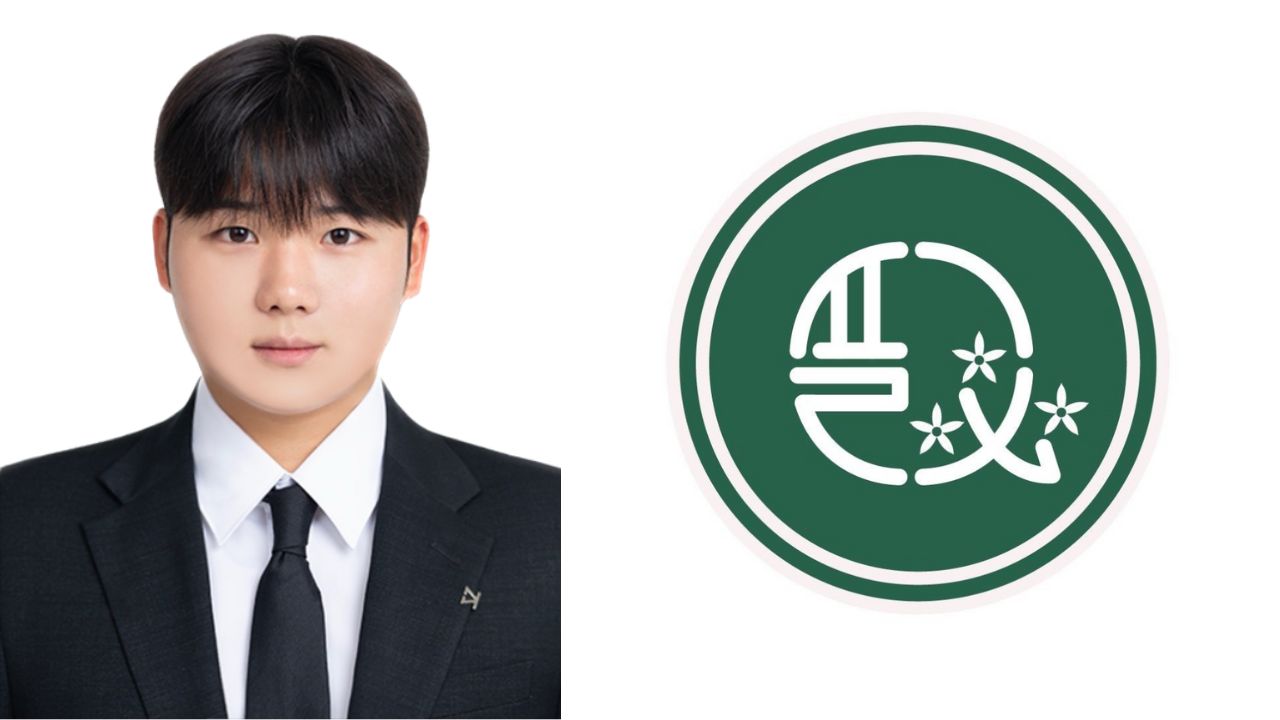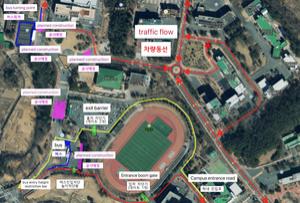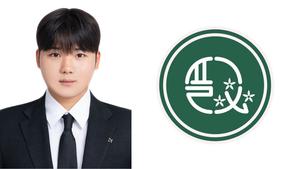 |
| ▲ From left, President Yoon Suk Yeol, and Kim Young-kyung, president of the Korea Nursing Association. (Source: No Cut News, Yonhap News) |
The Nursing Law Bill, which passed the National Assembly on the 27th of last month, is on the verge of being scrapped due to President Yoon Suk Yeol's veto. The nursing community is strongly opposed to this. The Korean Nurses Association held a press conference on the 17th to criticize the president's decision and predict a large- scale compliance struggle in response. The collective action plan announced by the association includes PA (Physician Assistant) compliance struggle and the return of licenses. According to a survey of opinions on the method of group action conducted by the Korea Federation of Fisheries Cooperatives, 98.7% of members said active group action was needed, and 61.5% (46,272) agreed to participate in the license return campaign.
The Nursing Act is a law made by separating the regulations for nurses from the Medical Law. Originally, the qualifications and tasks of medical personnel such as doctors and nurses were specified in the Medical Service Act, but the scope and treatment of nurses were not accurately defined. The Nursing Law, which was proposed as a representative in 2021 amid growing consensus on nurses' excessive work and poor working conditions due to COVID- 19, was approved four times over the past two years.
The controversial provisions of the Nursing Act are the phrases, "community nursing," and, "regulations related to the qualifications of nursing assistants." The Korean Medical Association and the Korean Nursing Assistant Association argue that the enactment of separate laws related to nurses themselves will negatively affect jobs in other medical areas. President Yoon Suk Yeol's veto is in the same vein. President Yoon Suk Yeol said at a Cabinet meeting on the 16th, "This nursing bill causes excessive conflicts among related occupations, and the de- medical institutionalization of nursing causes public health anxiety." The enactment of the Nursing Act will spread conflicts in the medical community, and the upper limit on the academic background of nursing assistants is excessively restricting the freedom of career choice.
The first article of the enactment specifies that, "it stipulates necessary matters, so that all citizens can receive high- quality nursing benefits in medical institutions and communities." To this, the Health and Welfare Medical Solidarity, which includes doctors and nursing assistants, objected, saying, "This will allow nurses to be able to engage in nursing activities in addition to medical institutions, so that nurses can open them alone without the guidance of doctors." However, it is unreasonable to argue that phrase. The 33rd article of the Medical Act stipulates that, "doctors can open general hospitals, hospitals, nursing hospitals, or clinics, dentists can open dental hospitals or dental clinics, oriental medicine hospitals, nursing hospitals, or oriental medicine clinics, and midwives can only open midwifery clinics." Article 10, Paragraph 2 of the Nursing Act also states that the work of nurses is, "assisted under the guidance of doctors, dentists, and oriental doctors under the medical law."
Some say the Nursing Act limits the qualification of nursing assistants to, "high school graduates," because it defines them as, "a person who graduated from a specialized high school nursing department," and, "a person who has completed training at a nursing assistant training center as a high school graduate." However, the Nursing Act does not prevent those with a college degree or higher from qualifying as nursing assistants. The Korea Nursing Association and others brought this regulation to the Nursing Act not to lower their academic background below, "high school graduate," but to prevent the creation of a nursing assistant department at a junior college. In response, nursing assistants argue that, "the view that nursing assistants are sufficient as a high school curriculum or at the academy level fixes the class divide between nurses and nursing assistants."
The Nursing Act is a law that affects the direct working environment and treatment of nurses, but it is currently becoming a significant topic in the medical community due to concerns over the resulting conflict between occupations. As the Department of Nursing is also opened at CWNU, attention is focused on the active interest in it and the direction of the government's decision in the future.
By Kim So-ha, cub-reporter lucky.river16@gmail.com
<저작권자 © The Campus Journal, 무단 전재 및 재배포 금지>

 The 'Phil' General Students' Association: A Sincere Heart
The 'Phil' General Students' Association: A Sincere Heart


![[Opinion] MBTI: A Useful Tool or Form of Prejudice?](/news/thumbnail/202502/4113241_1907_4427_v150.jpg)

